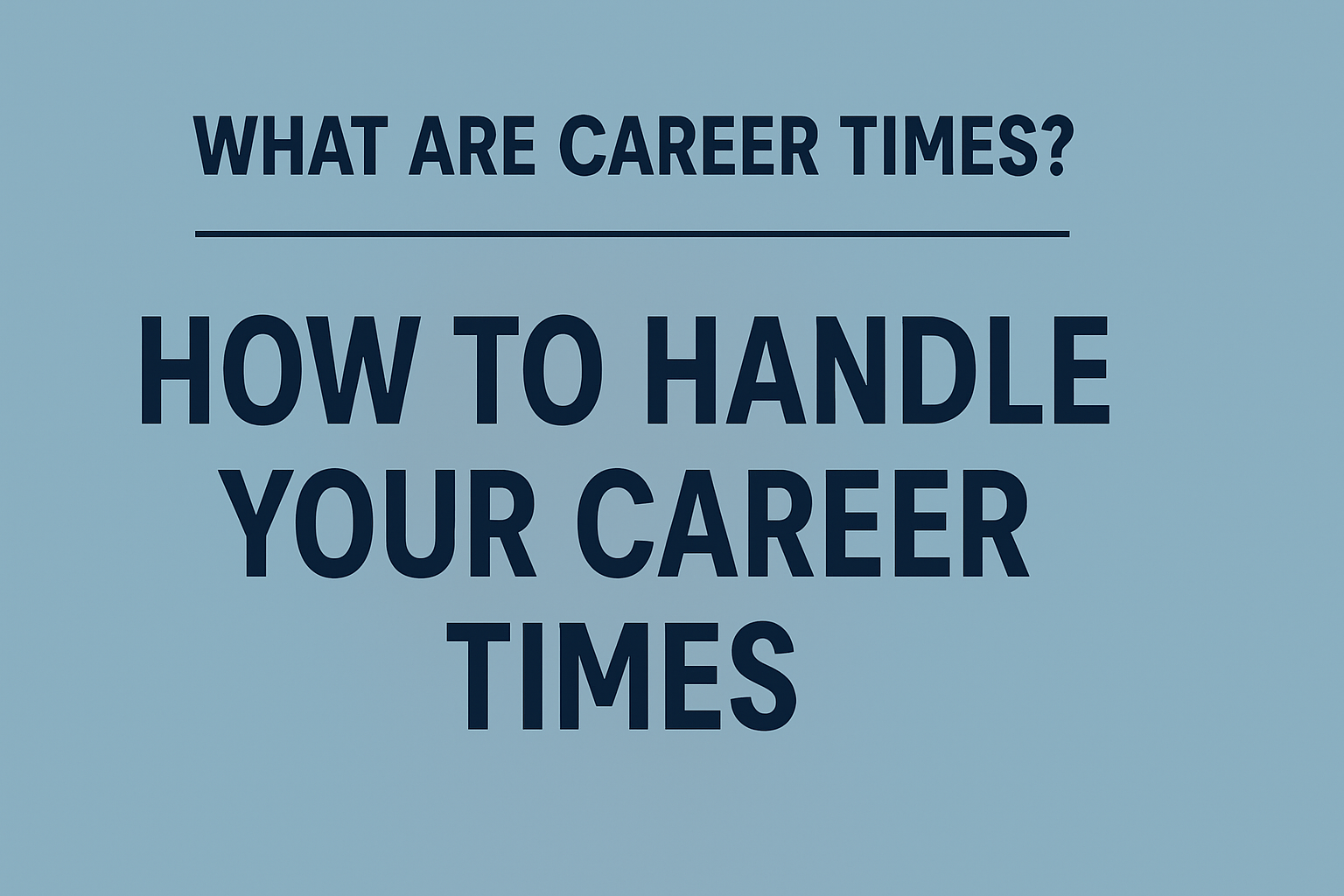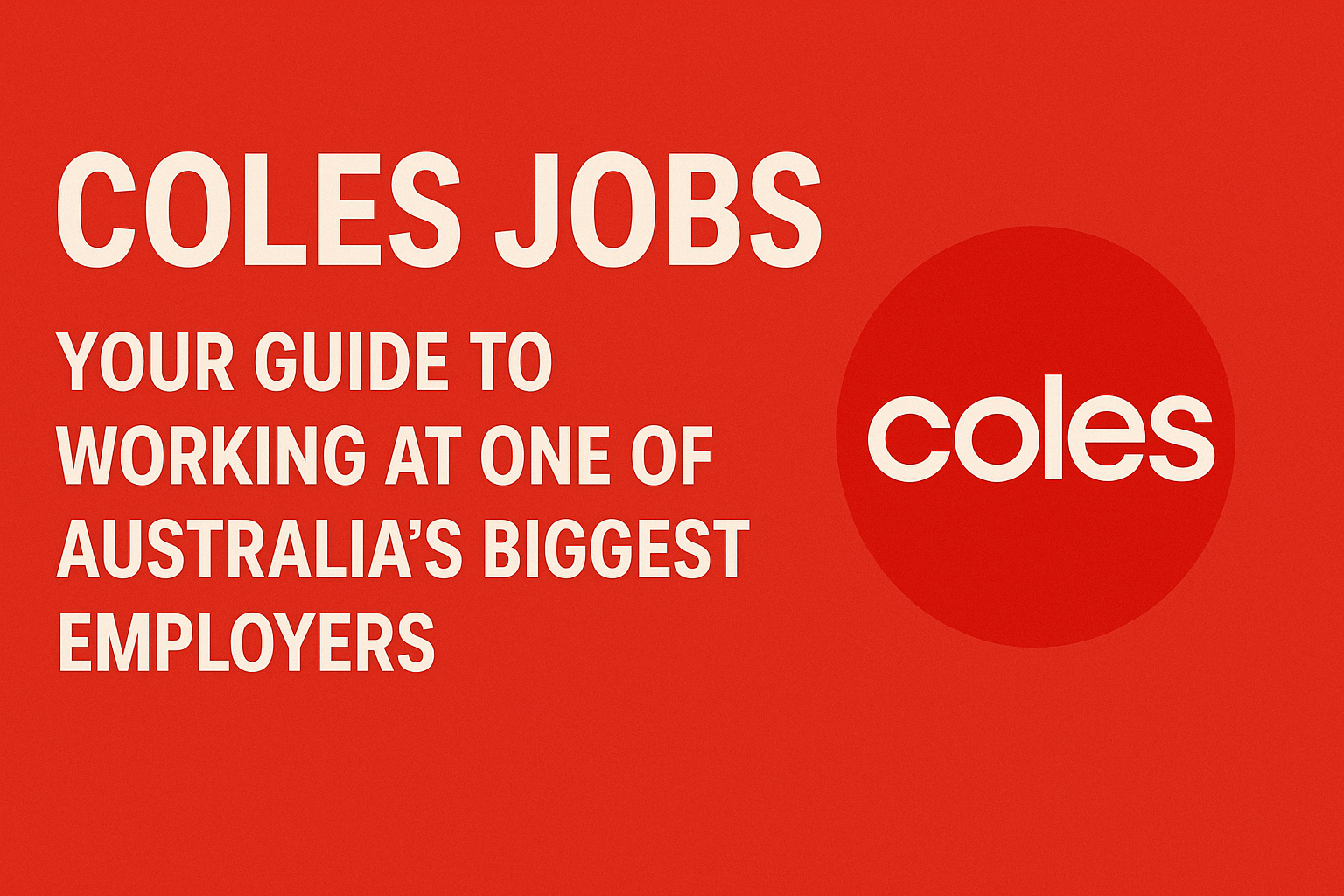How to Handle Your Career Times What Are Career Times?
Career times are the different stages you go through in your working life. You start with your first job, then move into more experienced roles. Later, you may change jobs, switch industries, or even retire. Each of these phases is a career stage. You don’t stay in one role forever. Your skills grow. Your goals change. The job market shifts. That’s why it’s important to understand where you are now and what comes next.
Your career time affects how you plan your future. It helps you make smart choices about training, job changes, and work-life balance. This guide will walk you through each stage of your career times. We’ll cover what to expect, what to do, and how to move forward without stress.
Stage 1: Starting Out — Early Career Times
Early career times begin when you take your first full-time job. This is when you learn the basics of work. You build habits, gain experience, and find out what you like. At this stage, focus on learning fast. Ask questions. Make mistakes. Improve every day. Don’t worry too much about titles or pay yet.
You should also build relationships at work. Talk to coworkers. Learn from mentors. Be open to feedback. If you’re new to your field, get clear on your long-term goals. Think about where you want to be in 5 years. Then, take small steps toward that path.
Stage 2: Growing Up — Mid-Career Times
Mid-career times come after a few years of work. You’ve built some skills. You know how your industry works. Now, you can aim for bigger roles. In this phase, your goal is to add value. Take on more responsibility. Volunteer for key projects. Show leadership, even if you’re not a manager. You might also think about changing jobs or companies. If you feel stuck, look for better opportunities. But always leave your current job on good terms. Keep updating your skills. Attend workshops. Read books. Stay updated on trends in your field. The more you know, the more valuable you become. Also, start thinking about work-life balance. You have more responsibilities now. Make sure your job supports your personal life.
Stage 3: Settling In — Stable Career Times
Stable career times happen when you’ve been in your role or field for a while. You’re good at what you do. You’re respected. But things might feel slow. It’s normal to feel stuck here. You may ask yourself, “Is this all there is?” That’s okay. Many people hit this point. If you want to keep growing, look for ways to expand your role. Mentor others. Train junior staff. Suggest new ideas at work. Or, you might decide to shift gears. Maybe try freelance work. Start a side project. Or explore a new interest. Don’t let comfort stop you from moving forward. Even small changes can bring fresh energy to your career.
Stage 4: Making a Move — Transitioning Between Careers
Transitioning careers is a big part of career times. It could be due to layoffs, burnout, or simply wanting something new. Changing careers isn’t easy. But it’s common. Many people switch fields once or more during their lives. Start by identifying your transferable skills. What can you offer in a new role? Use those skills to apply for jobs in other areas.
Update your resume. Highlight your best work. Tailor it to each new job you apply for. Talk to people in the field you want to join. Ask for advice. Find out what they value most. This helps you prepare. Be ready to start small again. You may take a lower title or lower pay. But if it leads to growth, it’s worth it.
Stage 5: Slowing Down — Late Career Times
Late career times usually come later in life. You may be thinking about retirement. Or maybe you just want to reduce your workload. Some people love their jobs and keep working. Others want to step back. Both are valid. If you’re close to retirement, start planning early. Know how much money you need. Decide when you’ll stop working.
Read more: Best Wells Fargo Cash Back Credit Cards (2025 Guide)
If you still want to work but not full-time, consider part-time roles. Or consult. Or teach others what you know. This stage is about legacy. What have you learned? Who did you help? What impact did you make? Take pride in your journey. Reflect on your wins. Let your final career time be peaceful and meaningful.

Stage 6: Starting Over — Reinventing Your Career
Reinvention is another part of career times. It can happen at any age. Some people restart after a break. Others choose a new path. Maybe you took time off to raise kids. Or travel. Or care for family. Now, you’re ready to return to work. Or perhaps you left your job to try something new. You may need to rebuild your career from scratch.
Start by updating your skills. Take short courses. Get certifications. Show employers you’re up to date. Use your past experience as proof of your abilities. Even if it’s old, it shows you can learn and adapt. Network again. Reach out to former coworkers. Let them know you’re looking for work. Be honest about your gap. Employers respect people who own their story and show drive.
How to Keep Moving Forward During Career Times
No matter which stage you’re in, you must keep moving. Standing still can lead to missed chances. Set goals for each year. They don’t have to be huge. Small wins add up over time. Track your progress. Write down what you learn. Save good feedback. These help in job searches. Stay curious. Try new tools. Learn new methods. Keep your mind sharp. Work on soft skills too. Communication. Time management. Teamwork. These matter as much as technical skills. Ask for help when you need it. Talk to friends. Hire a coach. Join groups. Support matters. Above all, stay positive. Every career time has its ups and downs. Growth takes time.
Tools to Help You Manage Career Times
There are many tools to help you handle career times. Use them wisely. LinkedIn is a great place to connect with others. Update your profile. Share posts. Comment on news. Resume builders help you write strong resumes. Use one if you’re unsure how to present your work. Job search sites like Indeed or Glassdoor show available jobs. Read reviews before applying. Online learning platforms like Coursera or Udemy offer low-cost courses. Build skills quickly. Calendar apps help you manage time. Set reminders for follow-ups, interviews, and deadlines. Networking events, both online and offline, give you access to hiring managers and peers. Use these tools to stay active in your career. Don’t wait for things to come to you. Go after them.
Read more: Techtool Supply: The Tools That Keep Businesses Moving
FAQs About Career Times
Q: What are career times?
A: Career times are the different stages you go through in your professional life. These include starting out, growing, stabilizing, transitioning, slowing down, and reinventing.
Q: Why do career times matter?
A: Knowing your current career time helps you make smart choices. It tells you what to focus on next.
Q: Can I change careers during my mid-career time?
A: Yes. Many people change jobs or fields during mid-career. It takes planning, but it’s possible.
Q: How do I know which career time I’m in?
A: Look at your job history, goals, and current situation. Ask yourself: Am I learning? Am I growing? Am I stuck?
Q: Do I need to retire at 60?
A: No. Some people retire earlier. Some work longer. It depends on your health, finances, and happiness.
Q: How do I start over after a career break?
A: Update your skills. Network. Apply for entry-level roles. Be honest about your break and show your value.

